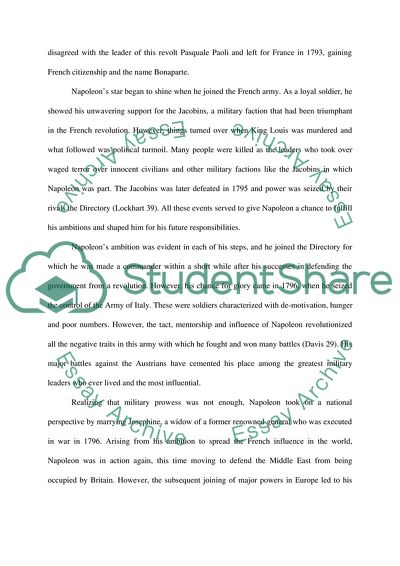Cite this document
(Rethinking Leadership Essay Example | Topics and Well Written Essays - 1500 words, n.d.)
Rethinking Leadership Essay Example | Topics and Well Written Essays - 1500 words. https://studentshare.org/politics/1813316-rethinking-leadership
Rethinking Leadership Essay Example | Topics and Well Written Essays - 1500 words. https://studentshare.org/politics/1813316-rethinking-leadership
(Rethinking Leadership Essay Example | Topics and Well Written Essays - 1500 Words)
Rethinking Leadership Essay Example | Topics and Well Written Essays - 1500 Words. https://studentshare.org/politics/1813316-rethinking-leadership.
Rethinking Leadership Essay Example | Topics and Well Written Essays - 1500 Words. https://studentshare.org/politics/1813316-rethinking-leadership.
“Rethinking Leadership Essay Example | Topics and Well Written Essays - 1500 Words”. https://studentshare.org/politics/1813316-rethinking-leadership.


